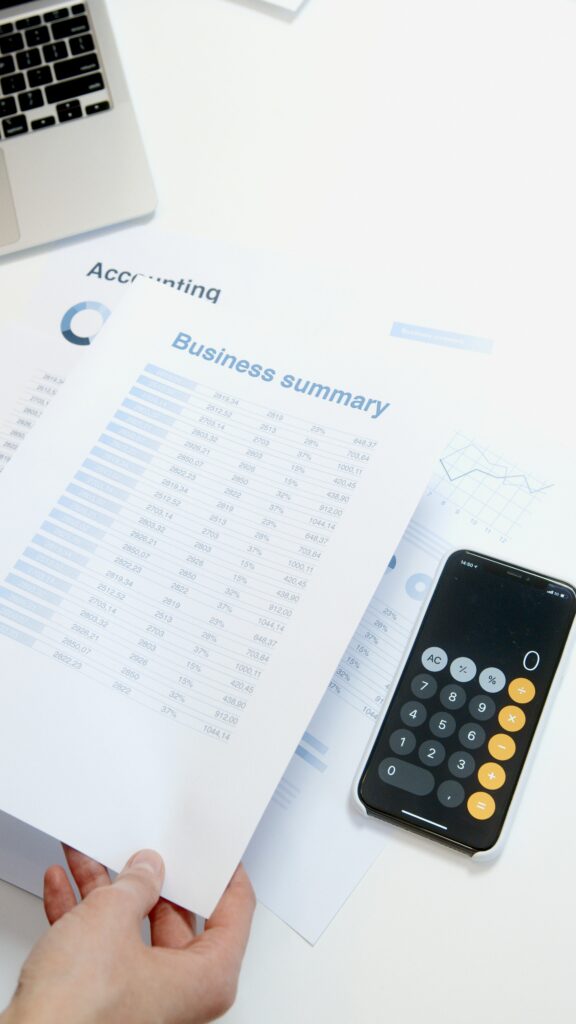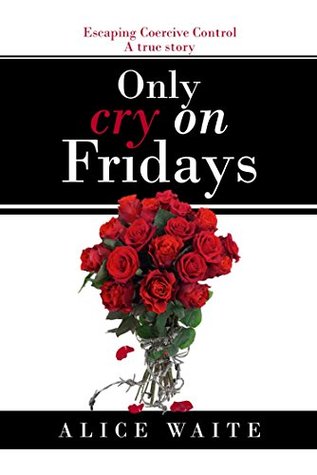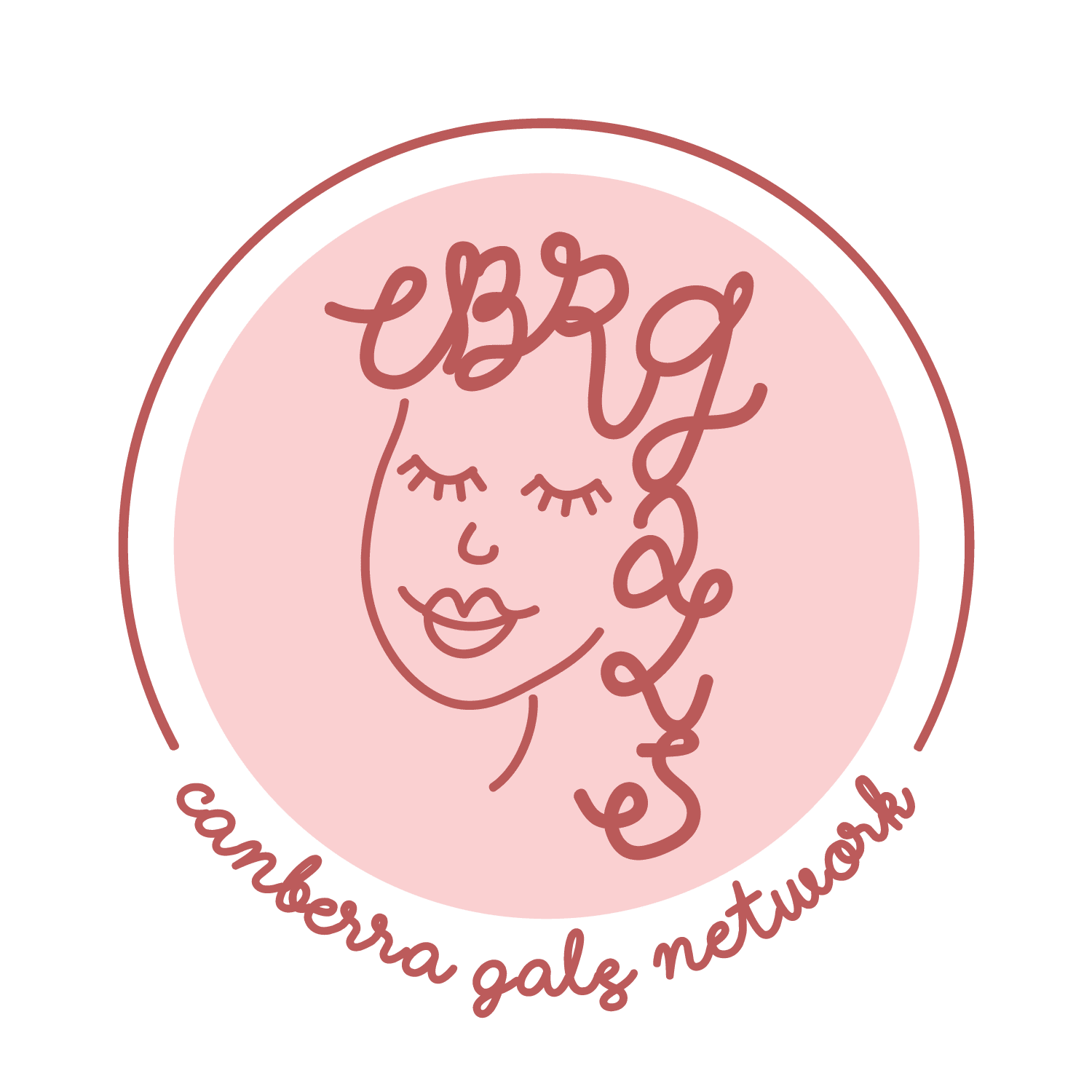TW: this article discusses themes of family violence, coercive control, economic abuse, and financial abuse
Australia’s inaugural Economic Abuse Awareness Day will take place on the 26th of November, 2021; the day after the International Day for the Elimination of Violence Against Women and Girls and within the 16 days of Activism Against Gender-based Violence.
Knowing what economic abuse is and being able to name it can support survivors to find help, assist organisations to respond appropriately, and reduce the ability of perpetrators to conceal their abuse.
While anyone, in any postcode, and from any background, can experience economic abuse, women in Australia experience economic abuse at twice the rate of men. Women living with disability experience domestic and family violence at higher rates again.
What is economic abuse?

Economic abuse is a form of family violence that involves behaviours that restrict or exploit a person’s ability to acquire, use or maintain economic resources, threatening their economic security and potential for self-sufficiency.
Sadly, economic abuse in Australia is more common than people realise, experienced by 16 per cent of Australians and more than 70 per cent of people experiencing domestic abuse. However, it is still misunderstood and often hidden.
In Australia, 63 per cent of women in high financial stress have a history of economic abuse. Domestic and family violence and women’s economic safety and security are intertwined. To eliminate violence against women, we need to address economic abuse and support women’s economic safety and opportunity.
The difference between financial abuse and economic abuse
The terms financial abuse and economic abuse are often used interchangeably to refer to the broader set of behaviours, primarily because people, including victim-survivors of economic abuse, have been found not to relate to the term‘ economic’.
With that in mind, “financial abuse” involves restricting and controlling someone’s use of money, stealing from them, forcing them to pay expenses, or coercing them into debt.
“Economic abuse” includes financial abuse plus behaviours that restrict, exploit or sabotage transport, food, housing, belongings, or employment.
Key facts about economic abuse
- 16% of women and 7% of men in Australia have experienced economic abuse
- 63% of women in high financial stress have a history of economic abuse
- More than 70% of people experiencing domestic abuse also experience economic abuse
What does economic abuse look like?
It is helpful to read examples of lived experiences of economic abuse as told by survivors, to build our understanding and enable us to recognise it, and look out for it in our own lives or the lives of friends, family and colleagues, and the communities we live in. Some behaviours that may constitute economic abuse are:

Limiting a partner’s ability to acquire economic resources by:
- Not letting them work or study
- Refusing to let them claim government payments they’re entitled to
- Refusing to pay child support or avoid paying the full amount
- Making them work in the family business without pay or meeting legal employment conditions
- Doing things to make it difficult for them to sustain employment, like hiding the car keys or harassing them at work.
Controlling a partner’s use of economic resources by:
- Controlling their access to cash and bank accounts
- Making them account for every cent they spend and/or dictating what they can and can’t spend money on
- Hiding financial information and assets
Interfering with a partner’s ability to maintain economic resources by:
- Running up debts in their name
- Damaging their property
- Refusing to contribute to household bills or spending money needed for household bills on other things
- Making them sign business documents that are represented as something else, or that they don’t understand or agree with.
- Making demands of their family for further, and/or exorbitant, dowry payments.
Economic abuse can continue, or start, post-separation.
Upcoming events to mark Economic Abuse Awareness Day
Economic Abuse Awareness Day began in Canada in 2019 when the Canadian Centre for Women’s Empowerment (CCFWE) called for greater recognition of the issue, and was successful in getting the issue put on the political agenda. In 2021, Australia will join the campaign along with CCFWE, Surviving Economic Abuse (UK) and Good Shepherd (NZ) to mobilise resources nationally and internationally in recognition of economic abuse.
The Center for Women’s Economic Safety is hosting 2 free virtual events that are open to the public featuring respected community leaders and experts in economic abuse, facilitated by Rebecca Glenn – Founder, Centre for Women’s Economic Safety.
For more information on both events, visit CWES Events page.
- EVENT 1: Mon 22 November – Midday to 1.30pm
- Responding to economic abuse: one size doesn’t fit all
- Register for EVENT 1.
- EVENT 2: Wed 24 November – Midday to 1.30pm
- Eliminating economic abuse: Fixing the system. Supporting survivors. Disarming perpetrators. (Co-hosted with Financy)
- Register for EVENT 2.
Recommendations for further reading and watching
To deepen your understanding of economic abuse and economic safety:
- Read with our Book Club: This month, we’re reading Only Cry on Fridays, a memoir by Alice Waite
- Watch the TV series Maid, available on Netflix
- Related reading: Economic abuse and Canberra resources
Discuss Economic Abuse with the CBR Gals book club.

“Gals, Becoming” is our feminist book club that seeks to help its members improve the quality of their lives through learning, growing, and sharing ideas in a safe space.
“Gals, Becoming” meets once per month and draws on publications from around the globe, featuring memoirs, novels, biographies, and short stories from a variety of authors, spotlighting women authors of colour, women authors with disability, and women authors who have overcome patriarchal adversity throughout the ages. The reading provides a holistic view of feminism: viewing feminism as political, economic, and social equality of the sexes.
To join us at our upcoming meet up, check out our events page.


Pingback: Economic abuse and Canberra resources – CBR GALS